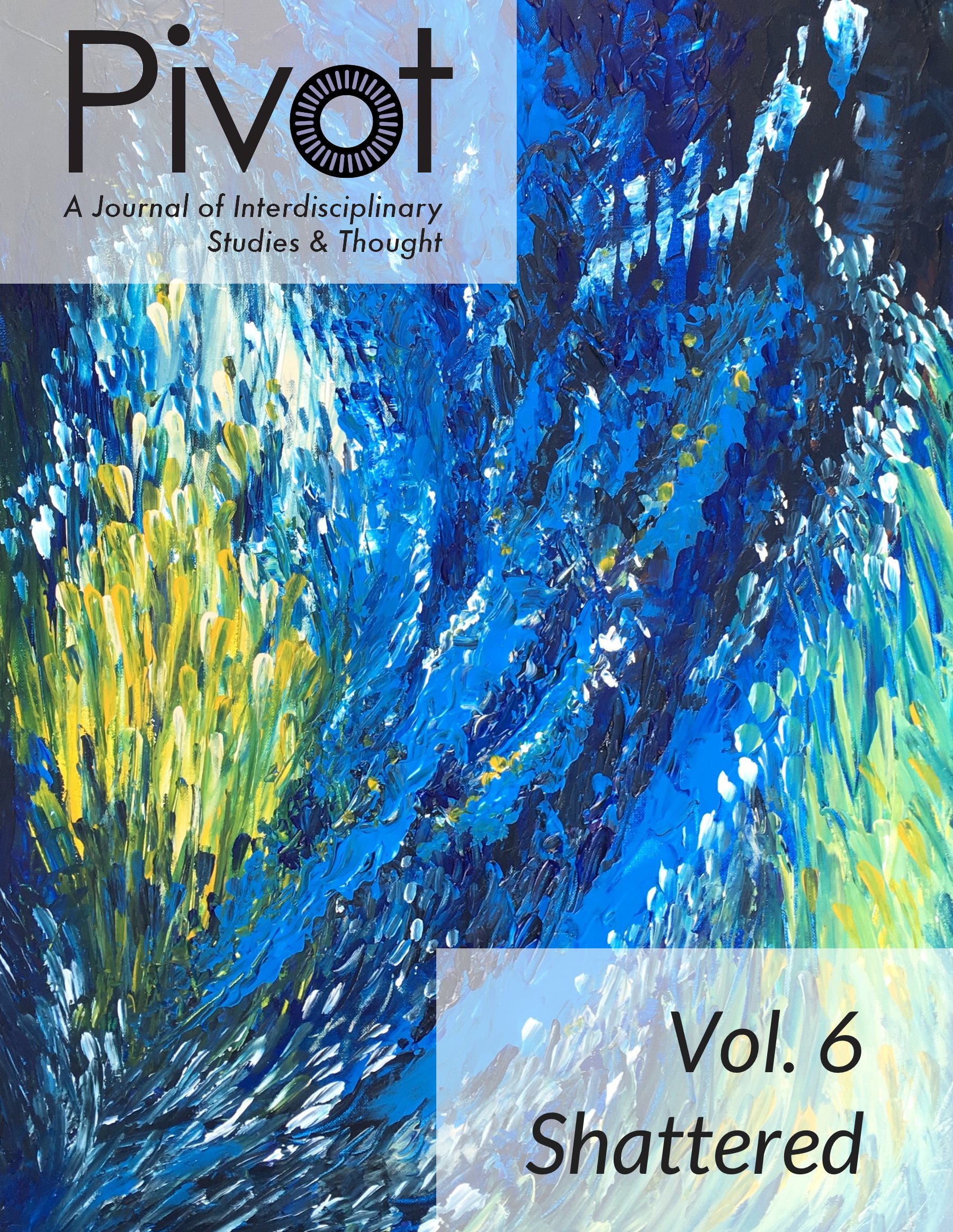In Search of the "Telling Detail": Ian McEwan, Briony Tallis, and the Demands of Authorship
DOI:
https://doi.org/10.25071/2369-7326.40268Abstract
Much scholarly interest surrounding Ian McEwan's Atonement has focused on the abrupt shift that occurs in the novel's final section, "London, 1999." This essay argues that this section makes it clear that the main story of the novel is not Briony, Robbie, and Cecilia's entanglement due to Lola's teenaged rape but Briony's development as a writer, her kunstlerroman. As such, it is crucial to the novel, not simply a metafictional ploy, because it illuminates the lengths she has gone to in writing her final book and fulfilling her youthful promise. McEwan's response to a real-life plagiarism accusation reinforces his depiction of Briony as an author who searches for "the telling detail," as opposed to one who sticks to verifiable, historical accuracy.References
Albers, Stefanie, and Torsten Caeners. “The Poetics and Aesthetics of Ian McEwan’s Atonement.” English Studies, vol. 90, no. 6, 2009, pp. 707–20. DOI: https://doi.org/10.1080/00138380903180892
Begley, Adam. “The Art of Fiction CLXXIII: Ian McEwan.” Paris Review, vol. 44, no. 162, 2002, pp. 30–60.
Cormack, Alistair. “Postmodernism and the Ethics of Fiction in Atonement.” Ian McEwan, edited by Sebastian Groes, Bloomsbury, 2013, pp. 70–82.
D’Angelo, Kathleen. “‘To Make a Novel’: The Construction of a Critical Readership in Ian McEwan’s Atonement.” Studies in the Novel, vol. 41, no. 1, 2009, pp. 88– 105. DOI: https://doi.org/10.1353/sdn.0.0058
Finney, Brian. “Briony’s Stand against Oblivion: The Making of Fiction in Ian McEwan’s Atonement.” Journal of Modern Literature, vol. 27, no. 3, 2004, pp. 68–82. DOI: https://doi.org/10.1353/jml.2004.0073
Ingersoll, Earl G. “Intertextuality in L.P. Hartley’s The Go-Between and Ian McEwan’s Atonement.” Forum for Modern Language Studies, vol. 40, no. 3, 2004, pp. 241–58. DOI: https://doi.org/10.1093/fmls/40.3.241
Langdon, Julia. “Ian McEwan Accused of Stealing Ideas from Romance Novelist.” Daily Mail, 25 Nov. 2006, http://www.dailymail.co.uk/femail/article-418598/Ian-McEwan-accused-stealing-ideas-romance-novelist.html.
Letissier, Georges. “‘The Eternal Loop of Self-Torture’: Ethics and Trauma in Ian McEwan’s Atonement.” Ethics and Trauma in Contemporary British Fiction, edited by Susana Onega and Jean-Michel Ganteau, Rodopi, 2011, pp. 209–26. DOI: https://doi.org/10.1163/9789401200080_011
Lyall, Sarah. “Novelists Defend One of Their Own against a Plagiarism Charge in Britain.” New York Times, 7 Dec. 2006, p. E1. McEwan, Ian. Atonement. Anchor, 2003.
Lyall, Sarah. “An Inspiration, Yes. Did I Copy from Another Author? No.” Guardian, 27 Nov. 2006, https://www.theguardian.com/uk/2006/nov/27/bookscomment.topstories3.
Noakes, Jonathan. “Interview with Ian McEwan.” Ian McEwan: The Essential Guide, by Margaret Reynolds and Jonathan Noakes, Vintage, 2002, pp. 10–23.
O’Hara, David K. “Briony’s Being-For: Metafictional Narrative Ethics in Ian McEwan’s Atonement.” Critique: Studies in Contemporary Fiction, vol. 52, no. 1, 2011, pp. 74–100.
Phelan, James. “Narrative Judgments and the Rhetorical Theory of Narrative: Ian McEwan’s Atonement.” A Companion to Narrative Theory, edited by James Phelan and Peter J. Rabinowitz, Blackwell, 2005, pp. 322–36. DOI: https://doi.org/10.1111/b.9781405114769.2005.00023.x
Roberts, Glenys. “Plagiarism (or Why I Need Atonement) by Ian McEwan.” Daily Mail, 4 Dec. 2006, reprinted in Critical Quarterly, vol. 49, no. 2, 2007, pp. 52–56.
Robinson, Richard. “The Modernism of Ian McEwan’s Atonement.” MFS: Modern Fiction Studies, vol. 56, no. 3, 2010, pp. 473–95. DOI: https://doi.org/10.1353/mfs.2010.0015

